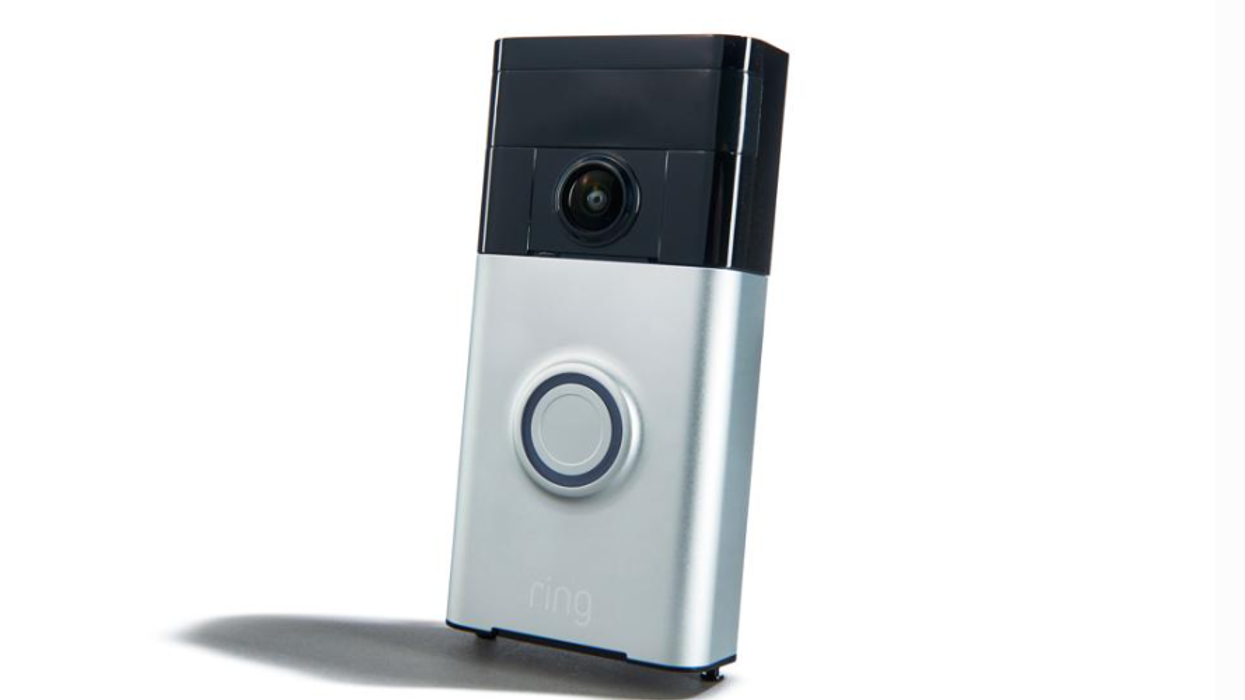Highlights
- Claims went viral alleging all Amazon Ring doorbells were hacked on 28 May
- TikTok and Reddit users shared screenshots of multiple unauthorised logins
- Cybersecurity expert initially investigated the claims
- Amazon has confirmed the issue was a backend update error
- No evidence of unauthorised access to customer accounts
Claims that Amazon Ring doorbells were hacked en masse on 28 May 2025 have gone viral across TikTok and Reddit, prompting widespread concern among users. The screenshots circulating online appeared to show suspicious logins on that date. However, Amazon has since confirmed that these login records were the result of a system error and not a breach.
Social media claims spark alarm
The rumours gained traction after users on TikTok and Reddit posted screenshots showing multiple unauthorised device logins on their Ring accounts, all dated 28 May. Given the recent warning sent to 220 million Amazon Prime users about account attacks, fears of a mass hack quickly escalated.
Cybersecurity writer and analyst Davey Winder was initially sceptical of the claims, but decided to investigate after seeing the volume of seemingly credible screenshots being shared.
Expert review reveals system inconsistencies
Upon checking his own Ring account, Winder discovered a similarly long list of logins dated 28 May. However, on closer inspection, he recognised all the devices listed, and noted that some were no longer in his possession at the time. He concluded it was highly unlikely to be a hack and more plausibly a technical glitch.
Amazon confirms backend update error
Amazon’s Ring team addressed the matter on 18 July in a public statement:
“We are aware of an issue where information is displaying inaccurately in Control Center. This is the result of a backend update, and we’re working to resolve this. We have no reason to believe this is the result of unauthorised access to customer accounts.”
The company reassured users that their Ring doorbell accounts remain secure and that the unusual log entries do not indicate a breach.
No cause for panic, say experts
While the false alarm has highlighted the public’s increasing concern over smart home security, experts advise users to remain cautious but not alarmed. Keeping devices updated, using strong passwords, and enabling two-factor authentication remain the best defences against actual cyber threats.





